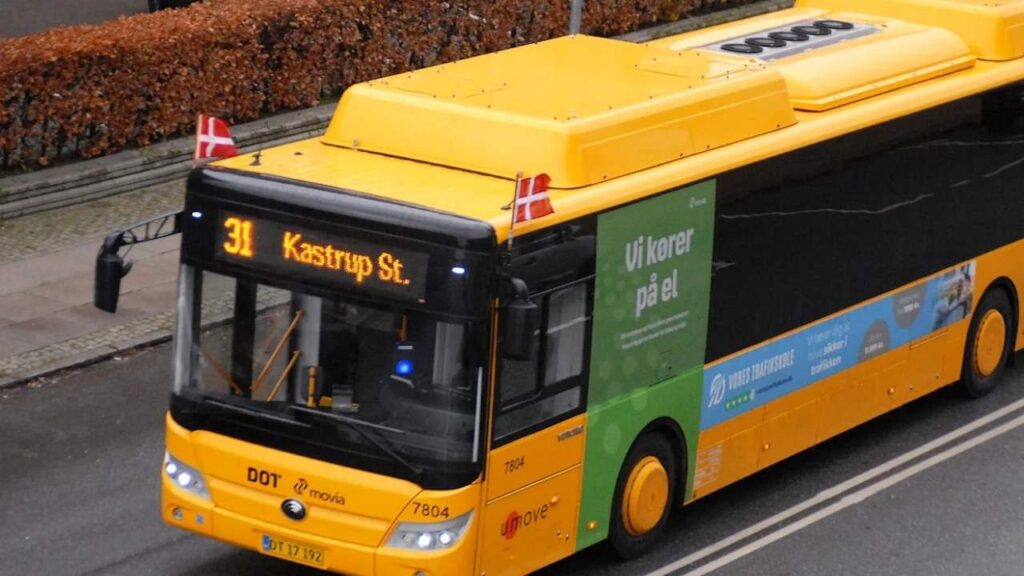European transport authorities are sounding the alarm over electric buses made by Chinese manufacturer Yutong Group. A Norwegian test found that buses supplied by the company had over-the-air update systems and mobile-network links giving the maker digital access to their power and battery controls. That access, officials say, could allow remote shutdown or loss of control. The test compared a Yutong bus with a Dutch-built vehicle from VDL Bus & Coach. The Dutch bus lacked over-the-air capability while the Yutong one didn’t. The report said Yutong’s buses had SIM-cards enabling mobile link into their control system for diagnostics and updates. In theory that system means a bus could be deactivated remotely.
Denmark’s largest public transport operator also flagged the issue. The company stressed that this issue affects all modern, internet-connected vehicles, not only Chinese ones. Still, the fact remains: hundreds of Chinese EV buses operate across Europe and the potential for outside control raises national-security concerns.
Given the scale of the fleet, the concern expands beyond one city or one country. Yutong has sold tens of thousands of buses globally, with a significant presence in Europe. European procurement and transport agencies now face pressure to revisit their cybersecurity criteria for public transit vehicles. To respond, agencies are putting in place stricter conditions for future orders. One Norwegian operator is developing firewalls, reviewing update-paths and delaying remote software pushes until verification. Officials say they will tighten controls for data links, mobile access, and third-party connections.
Behind the technical issues lies a bigger geopolitical factor. The scrutiny of Chinese-made buses intersects with broader concerns around dependence on Chinese technology, data sovereignty and the vulnerabilities of critical infrastructure. Some Chinese commentary argues Europe is applying a double standard, since over-the-air updates and remote diagnostics are common in many vehicles worldwide. For India and other markets, the implications are significant. As bus fleets shift to electric and become more connected, it may not suffice to look just at battery chemistry and cost. Software architecture, update mechanisms, data access rights, and network vulnerabilities also matter. Procurement bodies must ask who controls the machine once it leaves the factory.
In short, this story is not just about whether Chinese-made electric buses can be shut off remotely. It’s about what remote control over vital transport systems means for autonomy, security and operational risk. European transport operators are waking up to a truth that many industries are facing: connectivity brings convenience, yes but also new vectors of threat.



















